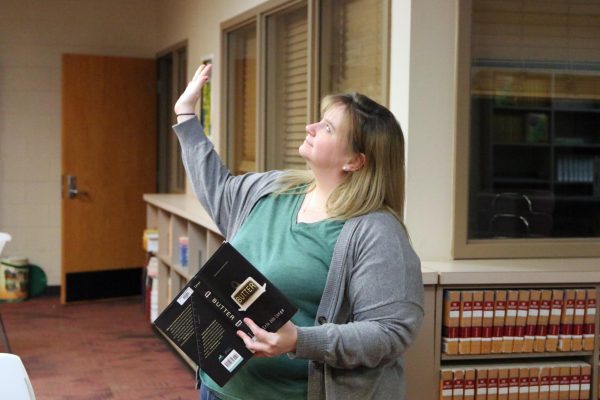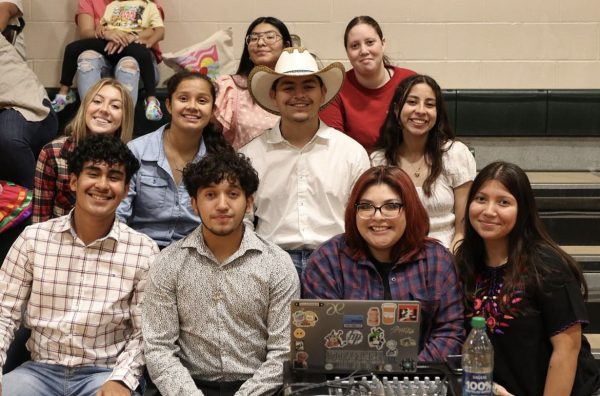The Deal With DACA
September 25, 2017
On Sept. 5, President Donald Trump announced his decision to rescind DACA. This decision left childhood immigrants to the United States uncertain about their futures, with many of them fearing deportation.
So what exactly is DACA?
DACA, or Deferred Action for Childhood Arrivals, is a program that was introduced by President Barack Obama in in 2012. The program allows young people brought to the U.S. illegally by their parents to have a temporary reprieve from deportation and give them permission to work, study and obtain drivers’ licenses. DACA applicants were required to be younger than 31 years old when the program started, and had to prove that they had lived in the U.S. since 2007 and had arrived in the U.S. before the age of 16. Those applying must also have clean criminal records, and must be enrolled in high school or college, or serve in the military. DACA status is renewable biannually.
DACA recipients, or DREAMers, in the U.S. total about 800,000, according to the UCIS. Just this year, there were 266,377 requests for DACA status, with 242,479 of them accepted. In Oklahoma, 7,488 undocumented residents have been accepted for DACA, making it 25th of all states in terms of total DACA applications processed. These DREAMers were so young when they arrived in the U.S. that most of them do not remember the country they were born in. For most DREAMers, the U.S. is the only home they have ever known.
This brings up one of the biggest arguments against repealing DACA: those affected by DACA were brought to the U.S. illegally by their parents when they were too young to remember the experience. Many DACA advocates argue that because the DREAMers were so young when they arrived, they should not be punished for the actions of their parents.
Another argument in support of DACA says that rescinding DACA deprives the work force of a great many skilled and qualified workers, which is harmful to the economy. Many people argue that immigrants have taken jobs away from native-born workers, but the evidence for this is lacking. In fact, data from the Bureau of Labor Statistics shows that trends in foreign-born and native-born unemployment rates have not changed with DACA.
The most compelling arguments in support of DACA come from those most affected by it. Senior Elina Avila is not directly impacted by DACA, but she has family members who are.
“Two of my cousins are DREAMers and there is a very real possibility that they could be deported,” Avila said. “They have lived here almost their whole lives. They’re working, adding to the economy. They’re good people who are just living their lives, like every other American.”
Avila also participated in the vigil for DREAMers that was held at the state capitol. “It was amazing to see all of the people who were there. It really showed that this issue impacts everyone, not just Hispanics… there were people there who were white, black, Asian. It was incredible to see everyone come together,” she said.
What are your thoughts on DACA? Tell us in the comments!











